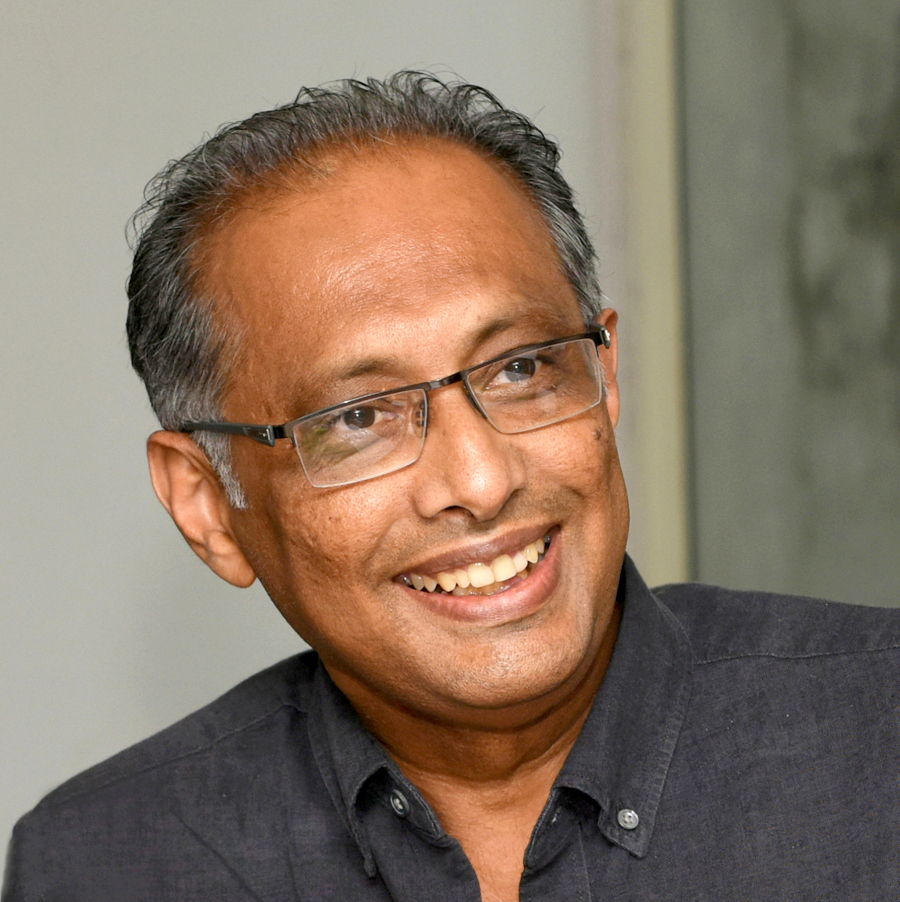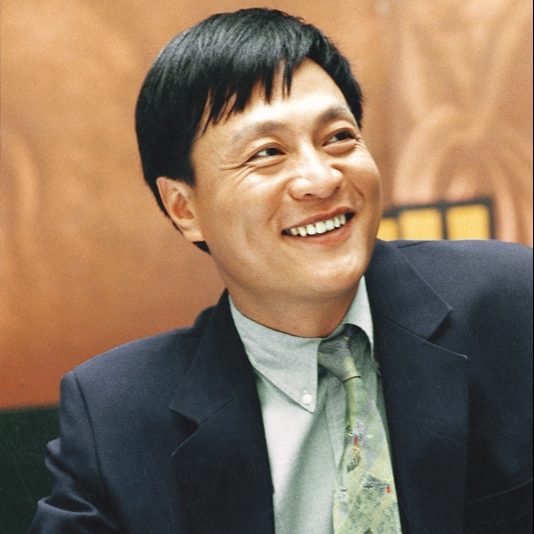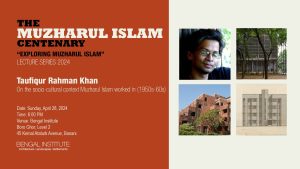Conversation Between Kongjian Yu and Kazi Khaleed Ashraf—BI Between 01
Tue 14 Jul - Tue 14 Jul' 20
In an original and timely conversation, Kongjiyan Yu and Kazi Ashraf discuss the realities of the time as shaped by the pandemic, and how landscapes, cities and architecture can be shaped.
Along with his design office Turenscape, based in Beijing, China, Kongjiyan Yu has worked in three hundred cities and on two thousand landscape projects. Apart from being a landscape architect, ecological urbanist and professor, Yu is also a great convincer for large-scale rearrangements.
Kazi Ashraf asks Kongjian Yu about the manifesto written by him, Letters to the Leaders of China, which has been partially incorporated into national policies in China. He questions Yu about the claim that intellectual infrastructure needs to be changed, especially at the mid-level where things are mostly challenged. Early on during the coronavirus outbreak, Yu realized that the pandemic taught us how hard it is to be separated from nature. Ashraf believes that this realisation brings up anew the relationship between humans, city and whatever we call nature. The issue is: how to keep a distance from nature, while also maintaining a sustainable connection. Yu and Ashraf talk about Yu’s notion of “deep form,” and if it faces a conflict with contemporary conditions characterised by a fierce sense of individualism and capitalist tendencies.
Kongjian Yu believes that we need to draw a line between nature and city. Biodiversity should be protected, as he believes that a critical boundary between humans and nature exists which should not be crossed. It is important for humans to maintain their own identity — we want to remain recognisable and at the same time not destroy nature. According to Yu, we are living in a transformative time, and it is critical that society judges itself. Society should question which track to follow — the ecological way, the sustainable way, or the way for business solutions.
Publication






